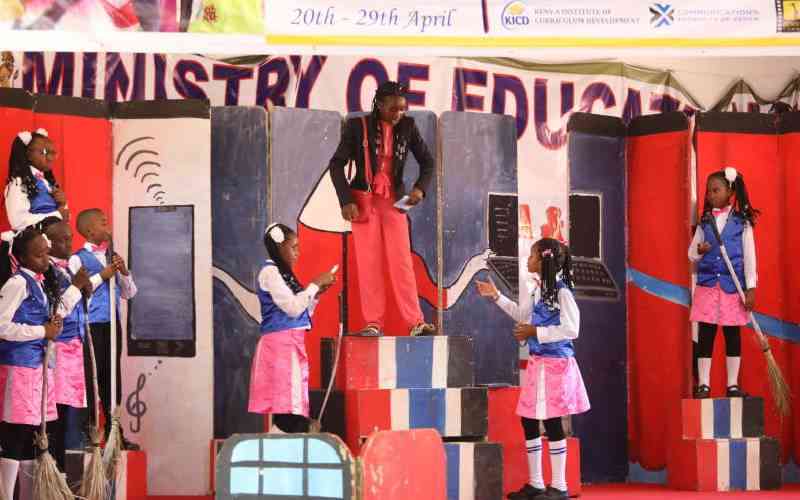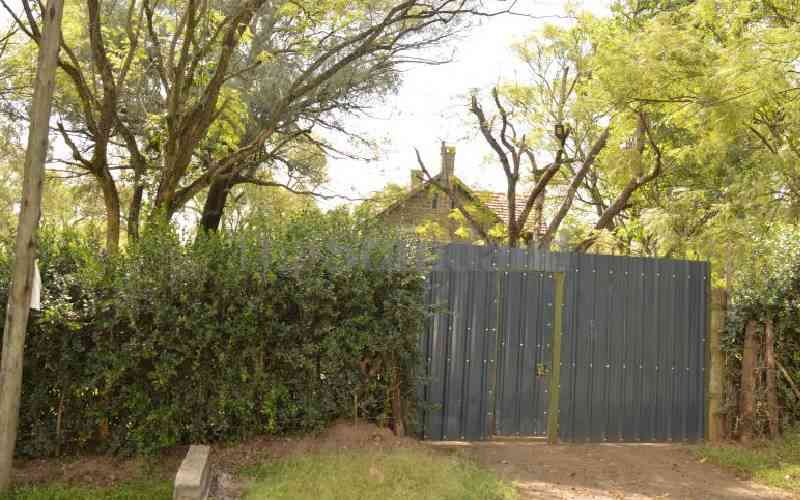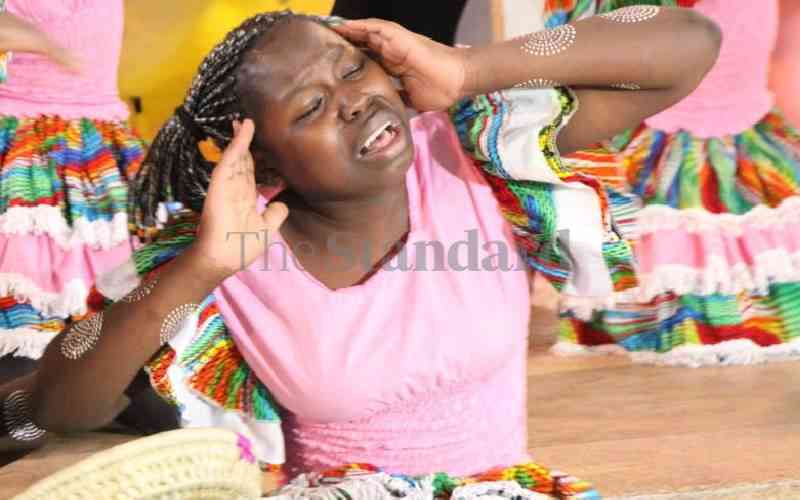Guinea Bissau's former head of military intelligence was shot dead at a bar near his residence in the capital Bissau late on Sunday, hours after citizens voted peacefully in a presidential election, witnesses and a security source said.
The killing of Colonel Samba Diallo follows a rash of political assassinations in the tiny West African state, a known haven for cocaine smugglers, and places a cloud over a vote that was meant to usher in a period of greater stability.
A resident near Diallo's residence told Reuters that soldiers fired on him just before midnight and that his body was later taken away. Another witness said he saw Diallo's body at a hospital morgue after the shooting.
A security source, speaking on condition of anonymity, confirmed Diallo was shot dead while at a bar near his home, but could give no further details. A Bissau army spokesman said he had no information on the incident.
Diallo had served as head of military intelligence under ex-Army Chief of Staff Jose Zamora Induta until the two were deposed and temporarily jailed in an April 2010 mutiny that Western diplomats said was likely over control of the lucrative drugs trade between Latin America and Europe.
Former prime minister and ruling party presidential candidate Carlos Gomes Junior also was briefly arrested during the mutiny, but he has since said he has developed a "good working relationship with the military".
The shooting came after peaceful campaigning and voting in a presidential election, which was set to replace President Malam Bacai Sanha, who died in a Paris hospital in January after a long illness.
Gomes Junior is widely seen as favourite to win the poll, though he faces a tough challenge from Manuel Sherifo Nhamadjo, who dropped out of the ruling party to run against him, and former President Kumba Yala, who shares the Balanta ethnicity with a quarter of the population and most of the army.
Gomes Junior's rivals have accused him of fomenting instability and tolerating increased drugs-running during his time as premier - a period that saw multiple political assassinations including the killing of President Joao Bernardo Vieira in 2009.
Gomes Junior has denied the accusations, and his outspoken opposition to drugs has helped win him tacit support from foreign partners like the United States and Angola.
General Antonio Indjai took over from Induta as head of the armed forces in the 2010 mutiny, an incident that led the European Union to withdraw its support for Guinea Bissau's security sector reform effort.
Guinea Bissau, a country of 1.6 million people whose main official export is cashew nuts, is rich in natural resources but has failed to draw investment due to near-constant turmoil since independence from Portugal in 1974.
Angola, which is seeking to develop a bauxite mine and build a deepwater port in the country's south, has devoted millions of dollars and more than a hundred troops to help Guinea Bissau reform its notoriously unruly army.
-Reuters
 The Standard Group Plc is a multi-media organization with investments in media
platforms spanning newspaper print operations, television, radio broadcasting,
digital and online services. The Standard Group is recognized as a leading
multi-media house in Kenya with a key influence in matters of national and
international interest.
The Standard Group Plc is a multi-media organization with investments in media
platforms spanning newspaper print operations, television, radio broadcasting,
digital and online services. The Standard Group is recognized as a leading
multi-media house in Kenya with a key influence in matters of national and
international interest.
 The Standard Group Plc is a multi-media organization with investments in media
platforms spanning newspaper print operations, television, radio broadcasting,
digital and online services. The Standard Group is recognized as a leading
multi-media house in Kenya with a key influence in matters of national and
international interest.
The Standard Group Plc is a multi-media organization with investments in media
platforms spanning newspaper print operations, television, radio broadcasting,
digital and online services. The Standard Group is recognized as a leading
multi-media house in Kenya with a key influence in matters of national and
international interest.









